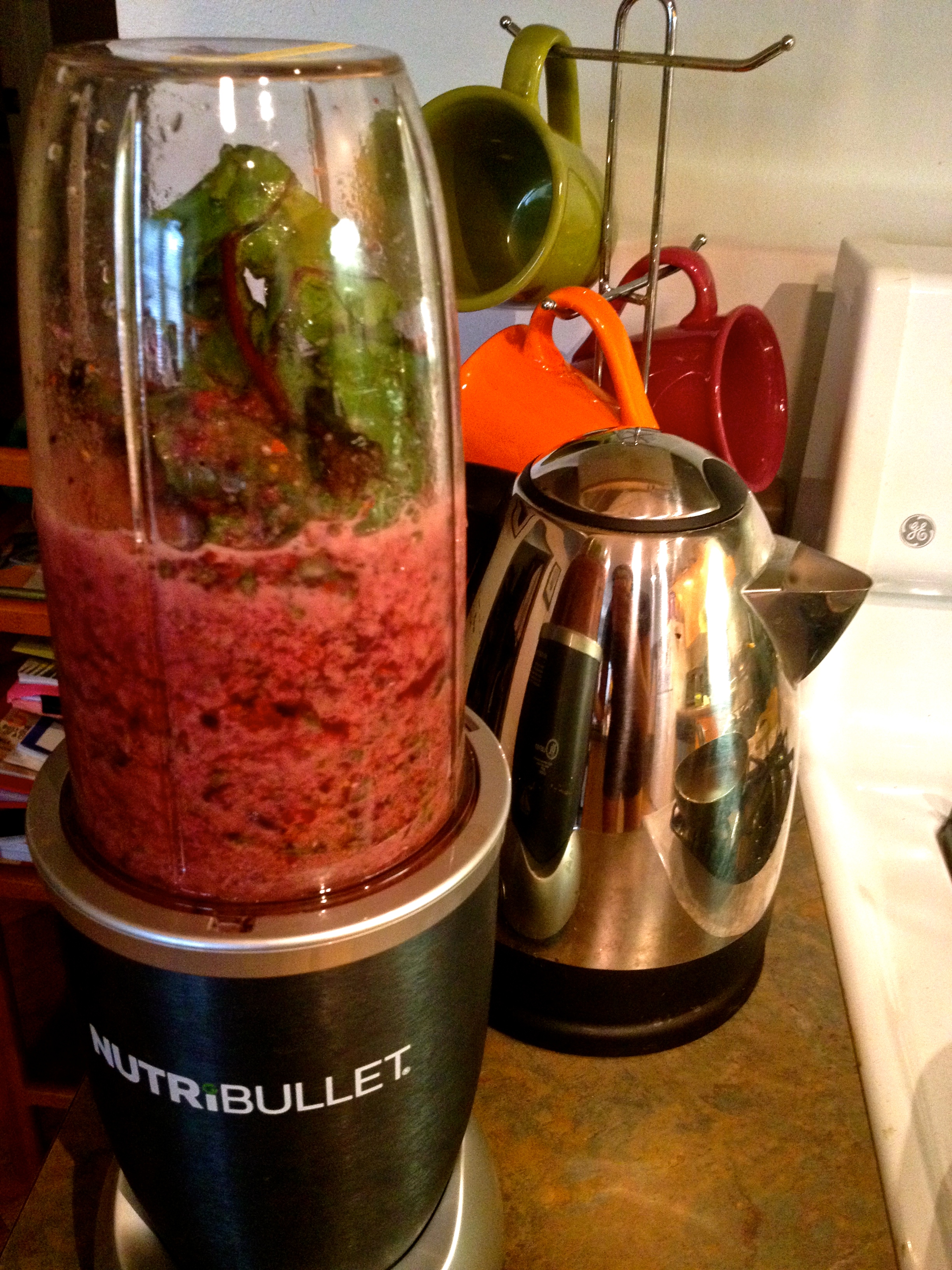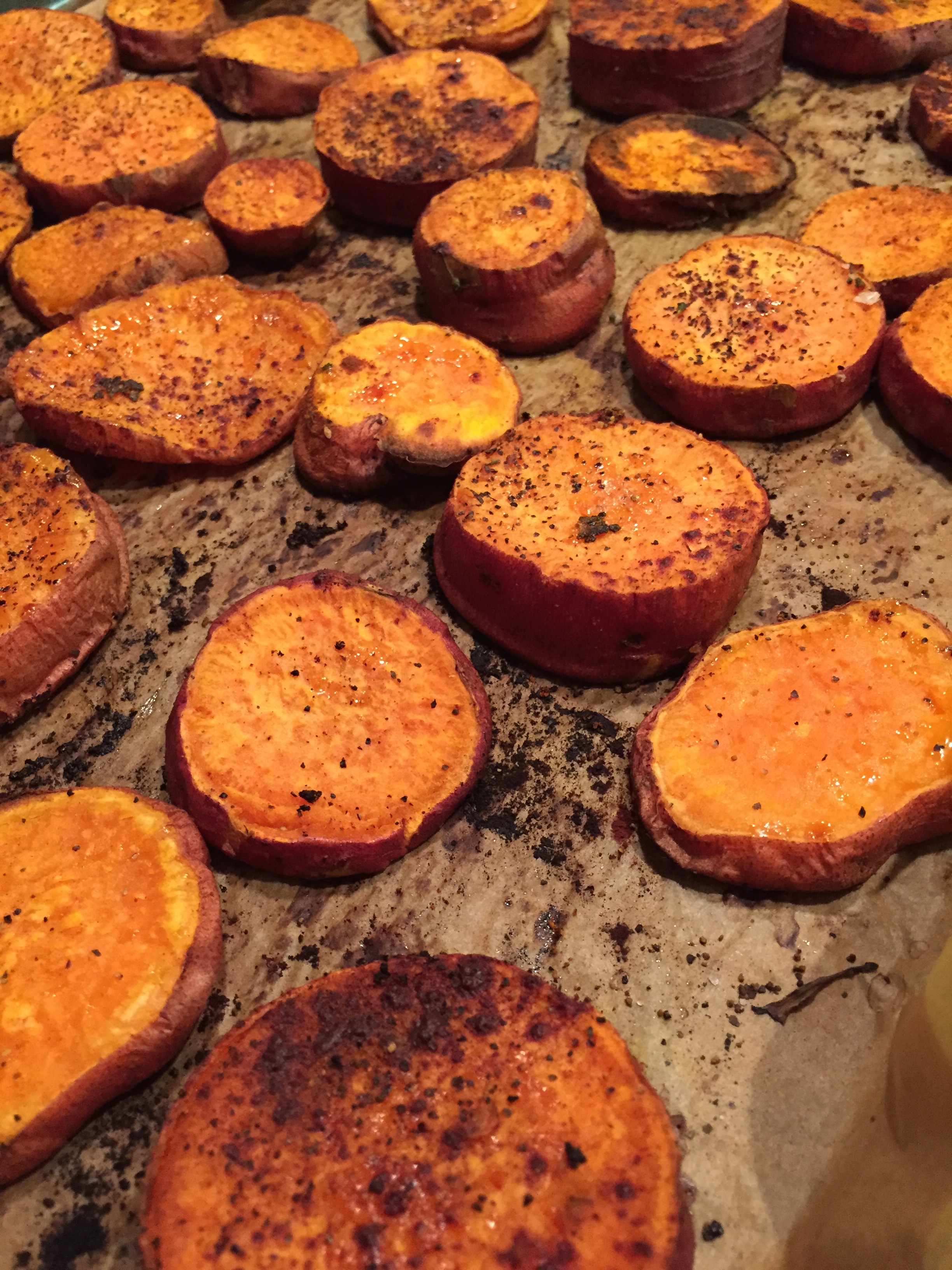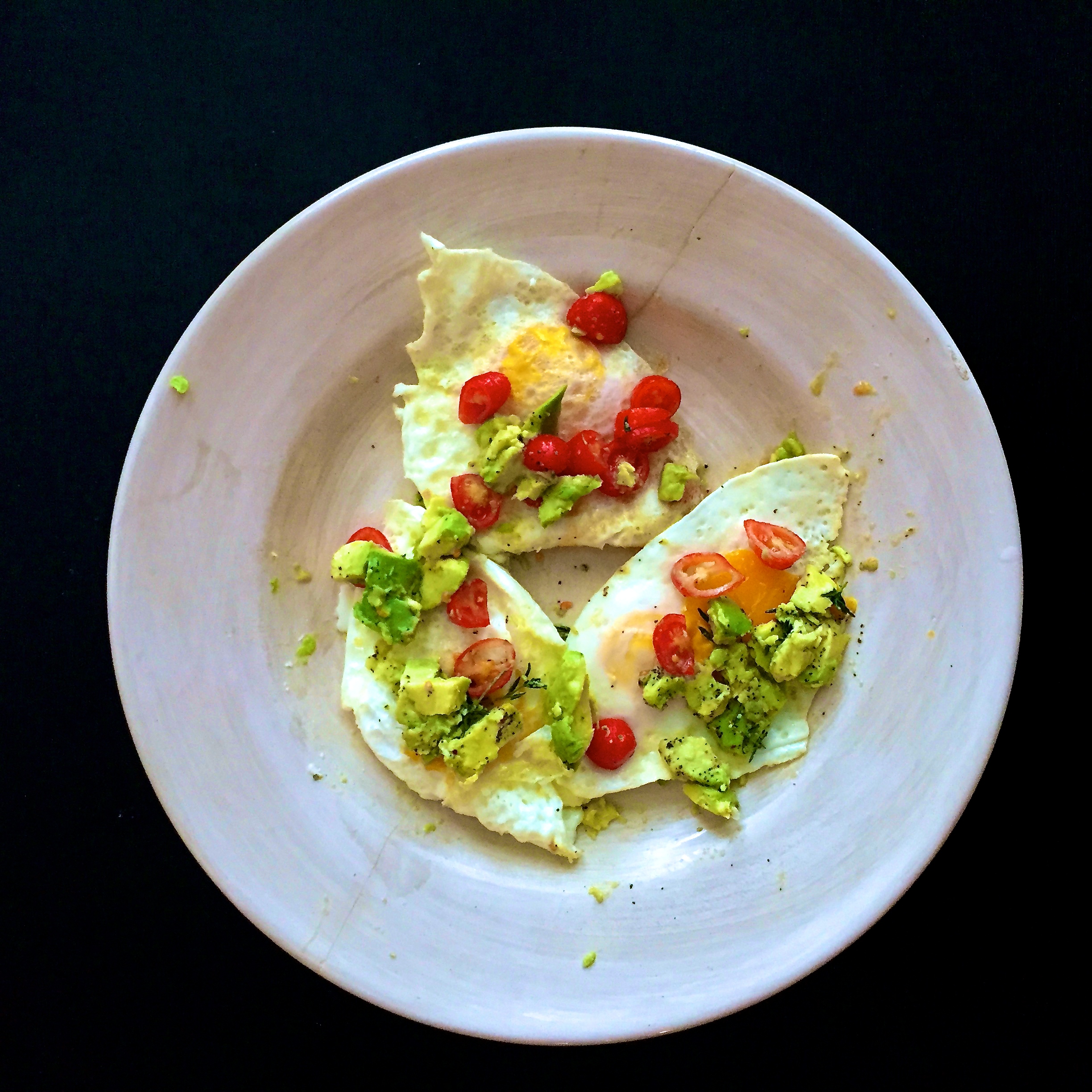I am always surprised and happy to hear when I find that people actually read my blog (besides the ones I beg to read it). The other day, I got an email from my friend Leslie. Not only does she read my blog (woohoo), she has switched over to a grain-free diet and is looking for some ideas (from me!). The problem? A breakfast rut. She has grown tired of eating the same “lame eggs” every morning. She wanted to know how she can spice it up a little.
That’s a great frickin question. And not an easy one when you’ve gone grain or gluten-free.
I bet I can safely say that most of you have been eating grains for breakfast all your life. At a young age, you were taught to eat a “breakfast of champions” (i.e. Cheerios, Cinnamon Toast Crunch, Fruity Pebbles, Corn Flakes, {Fill in the blank with your favorite}). If your mom really loved you, you’d get to chow down on a toaster treat of some kind – a Pop Tart, a Toaster Strudel, an Eggo.
When you got a little bit older and more mature, you respectably ate your bowl of Total, Kashi, Smart Start OR Special K if you were on a diet. Or you happily microwaved a bowl of instant oatmeal to eat at your desk alongside your coffee. Or if you were REALLY lucky, your office brought in bagels and cream cheese (free breakfast, heck yeah).
So once you go grain-free, there is seemingly only one other option. The incredible edible egg. Don’t get me wrong. I LOVE eggs. They are nutrient-dense, high in protein, Omega-3s and good fat (please eat the yolks!). But yes, just like any of my food obsessions (I once ate almonds every day for a year straight – Eck), they can get old.
Let’s spice things up a little and think outside the shell.
Super Human Smoothies
For the longest time, I was against succumbing to the smoothie craze. I’m not quite sure why, but it just seemed like a lot of work and a whole lot of noise. Then my mom got me a NutriBullet and I crossed over to the dark side. Soon I realized that it’s the opposite of a lot of work; it’s actually way quicker and easier than any other breakfast I make. And yes, it is loud, but it goes by fast.
The trick is, I don’t just stick to fruits. As good as it can be, fruit alone is not going to keep you going for the rest of the morning. Plus, it can be pretty high in sugar. So I’ve gotten adventurous with my smoothies. I’ve embraced greens, proteins and fat, pulverized into one delicious glass. And I’ve added what I call my boosters for extra flavor and nutrients. I love to play around with different combinations, and I highly recommend you do the same until you find what suits you best. The following are ingredients that will take your average fruit smoothie, and transform it into a protein-packed, energy-sustaining, grain-free super human breakfast.
Greens: Spinach, Kale, Collard Greens, Swiss Chard, Romaine
Good Fats: Avocado, Coconut oil, Coconut butter, Coconut flakes or shreds (unsweetened), Coconut milk, Almond butter, Sunflower seed butter
Protein: Protein powder (I love RAW protein and Tera’s Whey), Brazil Nuts, Macadmamia Nuts, Cashews, Almonds, Pumpkin Seeds
Boosters: Flax seed, Chia seed, Cacao powder, Goji berries
Fruits: Beets, Blackberries, Raspberries, Blueberries

Here is one of my favorite combos of late:
Ingredients:
- 1 cup of greens
- 1 beet
- ½ cup of frozen blueberries
- 1 tablespoon coconut flakes
- 1 tablespoon chia seeds or flax seeds
- 1 teaspoon cacao powder
-
1 cup coconut water + add more water for desired consistency
Tip: I don’t like my smoothies too sweet, but if you do, try adding 1-2 dates for a natural sweetener
Directions:
- Throw all ingredients (in order) into your blender or Bullet.
- Blend for about a minute.
- Stick a straw in it and drink it right away or throw it in a to-go cup and drink it on the way to work.
Buckwheat Breakfast
Contrary to what you may think, Buckwheat actually has no wheat in it. Buckwheat is a seed. It’s related to rhubarb and sorrel and is so very good for you. I wrote about this baby awhile back and I still have a lot of love for it. You do have to prep it ahead of time, but once you’ve made a big batch, it’s very little work in the morning.
Here is the recipe for my Buckwheat Breakfast.

Sweet Potato Porridge
I always keep a batch of cooked sweet potato rounds in my refrigerator so, for me, this was a quick breakfast idea. I love having them on hand because they keep me from snacking on chips and they are sosatisfying. Awhile back, when I was craving something gooey and buttery, I invented this crazy combination for a snack. But it occurred to me recently that there is no reason that this couldn’t be a perfectly nutritious start to your day. This recipe is very flexible so don’t feel chained to my ingredients below. Anything warm, savory and winter-like would be a great addition. I have a feeling butternut squash would be awesome, but I haven’t tried it yet.

Ingredients:
- 1 cup cooked, mashed sweet potato
- 2 tablespoons pumpkin puree
- ½ banana
- 1 tablespoon almond butter
- 2 tablespoons coconut milk
- 1 tablespoon chia seeds
- Dash of cinnamon
- Dash of pumpkin pie spice
- Toasted pecans
Directions:
-
Sweet Potato Rounds: Wash 2-3 sweet potatoes. Slice them into 1/2 inch rounds (I leave the skins on for the extra nutrients), brush with coconut oil, add a dash of cinnamon, turmeric, S&P, cook at 425 for 12 minutes, flip over rounds and cook for 12 more minutes.
*I strongly encourage you make these ahead of time* - Mash together sweet potato rounds with remaining ingredients into a bowl.
- Sprinkle with toasted pecans and a bit more cinnamon.
- Dig in with a spoon.
Breakfast Salad
So I know I said I’d give you an alternative to eggs. But I almost guarantee that you’ve never had your morning eggs like this. Eggs are good. But they’re even better when you add greens and good fat.

I ran out of lettuce so this is just the avos and the ‘matoes, but you get the idea.
Ingredients:
- A plate of spinach or greens of your choice
- 2 fried eggs
- ½ avocado, chopped into pieces
- Handful of cherry tomatoes, chopped
- Drizzle of olive oil
- Dash of Italian herbs (or fresh chopped herbs if you have the time)
- Dash of Hot sauce (Some like it hot J)
Directions:
- Fry your eggs – I do them over-easy because I love puncturing them so that the yolk spills out on to the other ingredients.
- Plate your greens – I like to chop mine up so that I can put together the perfect bite of greens, egg, avocado and tomato on my fork.
- Slice your avocado in half. While it’s still in the skin, make cuts going vertical and horizontal until you have an avocado grid. You can easily scoop it out of the shell from there and spread out the pieces onto your salad.
- Chop up your cherry tomatoes and throw those on top of your plate.
- Drizzle your olive oil and add your dash of herbs and hot sauce.
- Pierce the fried eggs so that the yolk spills over the salad and mix everything together for one ridiculously good bite.
My dearest Leslie – I hope this helps! Please let me know if you give any of them a try. Also, if anybody else has any ideas for Leslie please comment below.
Cheerio! (not the cereal)





